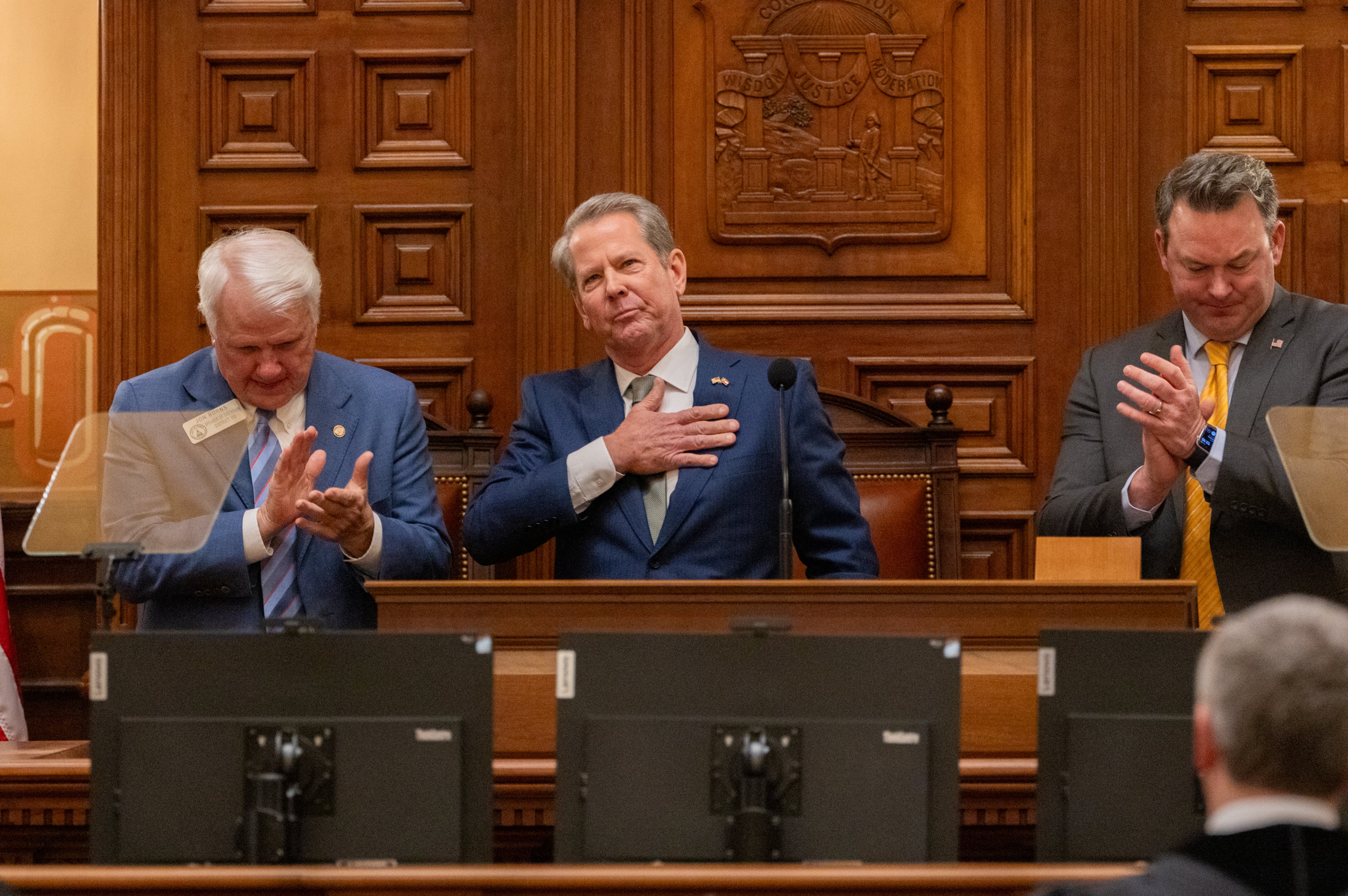Georgia inspector general asked to look into gifts to state employees

Georgia’s inspector general has been asked to look into whether a group that did work for the Charter Schools Commission violated state law by not reporting that it paid for staffers to attend events across the country and offered them stipends.
The filing Tuesday comes less than three weeks after The Atlanta Journal-Constitution reported the vendor gifts to state employees.
Teresa Rogers, a Sandy Springs charter school parent, asked the inspector general to investigate both the gifts and whether the vendor failed to file mandatory financial information with the state.
The complaint says the Chicago nonprofit — the National Association of Charter School Authorizers — could wind up being prohibited from doing business with the state for a year and forced to repay what it received from the State Charter Schools Commission if it did not file the financial statement.
Rogers asked the inspector general to investigate whether stipends paid to Charter Schools Commission staffers were legal.
Corrie Leech, the communications director for the association, said her organization didn’t know about the reporting requirements and would comply in the future.
The AJC reported earlier this month that the association has been paid $264,000 since early 2015 to help review charter petitions and applications, for consulting services, and other duties. The state commission has the power to approve or deny petitions for state charter schools and renew, not renew or terminate state charter school contracts.
According to agency emails reviewed by the AJC, the association has offered to pay Bonnie Holliday, the commission’s director, and other senior staffers for them to attend conferences and group events since at least 2015.
The emails show Holliday and Gregg Stevens, the commission’s deputy director and general counsel, submitted reimbursements to the association to pay for travel at least four times in 2017 in amounts higher than the $250 that would trigger a requirement that the association file vendor gift disclosures.
On the day a consulting contract was being finalized in June 2017, the association offered Stevens $1,000 as a “consulting stipend” and travel reimbursement to speak at a conference. Stevens turned down the payment.
Records show the association offered Holliday a $1,000 “consulting/facilitating fee” in 2017 for a conference in Phoenix. She accepted the stipend.
Under Georgia law, “No public officer other than a public officer elected state wide shall accept a monetary fee or honorarium in excess of $100 for a speaking engagement, participation in a seminar, discussion panel, or other activity which directly relates to the official duties of that public officer or the office of that public officer.”
Gov. Nathan Deal signed an executive order on his first day in office banning gifts worth more than $25 to state employees under his command. Under the gift ban, employees are not allowed to take “honoraria,” or payments.
However, in a written response, Lauren Holcomb, the commission’s communications director, said Holliday was asked to lead a session at the conference, forcing her to develop content and an agenda, organize speakers and present information, among other duties. She said those duties were outside the scope of Holliday’s job with the state, for which she was paid $125,000 in fiscal 2017.
“Our general counsel determined that it was legal and appropriate for her to accept a stipend in this circumstance as the stipend did not fall within the definition of a ‘gift’ or ‘honoraria’ as defined by the governor’s executive order,” Holcomb said.
After the complaint was filed Tuesday, Holcomb said in a statement, “The SCSC conducts business in accordance with high standards of transparency and objectivity and remains committed to partnering with reputable non-profit organizations to further the agency’s mission.”
As the AJC reported, very few vendors that do business with the state file required gift reports, and no one has faced a penalty for not disclosing what they spend on state employees in almost 20 years.
The recent ethics scandal at Georgia Tech spotlighted the relationship between vendors that do business with the state and its employees.
Reports released earlier this summer said that four high-ranking, highly paid Georgia Tech administrators committed a series of ethical abuses, including receiving pay from a German company to serve on its board at the same time the company was being paid to do work for Georgia Tech, and playing golf with vendors during work hours.
Georgia Tech President George P. “Bud” Peterson fired an executive vice president, and the other three resigned.
An internal report found that Paul Strouts, then-vice president of campus services, had Barnes & Noble pay $35,000 a year, starting in 2013, for a Georgia Tech football suite. Barnes & Noble operates a bookstore on campus.
University System of Georgia officials say the box was worked into the company’s commission to the school, so it would not have fallen under the heading of a “gift” and therefore Barnes & Noble didn’t need to file a vendor disclosure.



